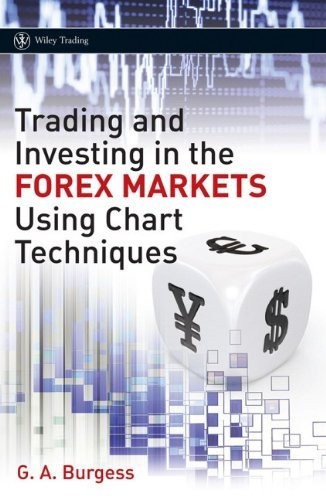Technical Analysis Plain and Simple Charting the Markets in Your Language
Post on: 19 Август, 2015 No Comment

This book is an excellent primer. As a proponent of the art-versus-science school of technical analysis, his primary focus is on the practical aspects of chart reading and how to translate the intelligence derived from charts into investment decisions. If you have ever wondered what technical analysis is, or how you could get started doing it, this is a good place to start.”
J ohn B ollinger. CFA, CMT, President, Bollinger Capital Management
“Here is the place to discover why the RSI goes up while the price is going down, how to measure potential moves from a breakout, how not to look at a chart with preconceived notions of what the market will do‘Let the market talk.’ The advice is above all practical. [This is] a book to own, particularly in the earlier stages of your investment career.”
“Finally, an easy-to-understand explanation of how technical analysis works! This primer shows investors how to spot trends and patterns in the markets that can help them choose winning stocks. Full of practical advice, this is a must have for both individual and professional investors.”
S usie G harib. Coanchor, PBS Nightly Business Report
Fully updated with new coverage of bubbles, sector rotation, and rare “black swan” market events

Technical analysis offers powerful, objective tools for picking stocks and making moneyand in today’s market environment, that makes it more indispensable than ever. Unfortunately, most technical analysis books confuse investors instead of enlightening them. In this clear, practical, fully updated book, Barron’s Online technical analysis columnist Michael N. Kahn introduces proven technical analysis techniques in simple language that any investor can understand and use.
Kahn explains how technical analysis works and then teaches you how to read charts and translate them into investment decisions. You’ll learn how to use technical analysis to complement your current approach to stock selection, discover what makes a stock look promising, and objectively assess both risk and reward.
This completely revised third edition contains many new examples reflecting today’s transformed market environment. You’ll find detailed new coverage of recognizing bubbles, including real estate (2006), oil (2008), and bonds (2009). Kahn presents powerful new insights into the relationship between technical analysis and market psychology and crucial, up-to-date guidance on sector rotation in rapidly changing markets. He also presents a full chapter on navigating through chaotic, once-in-a-millennium, “black-swan” market events.














